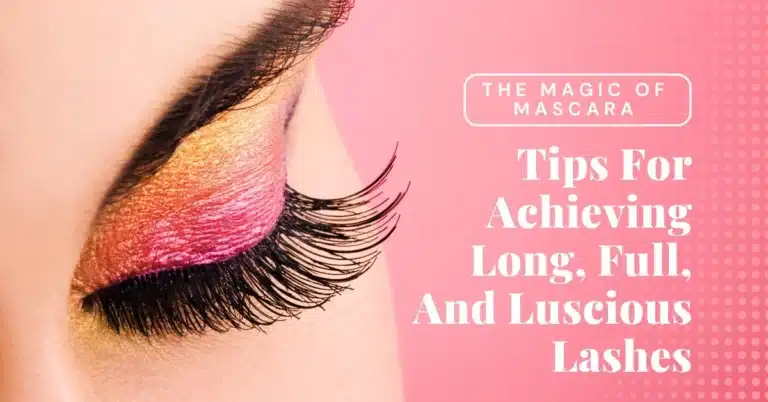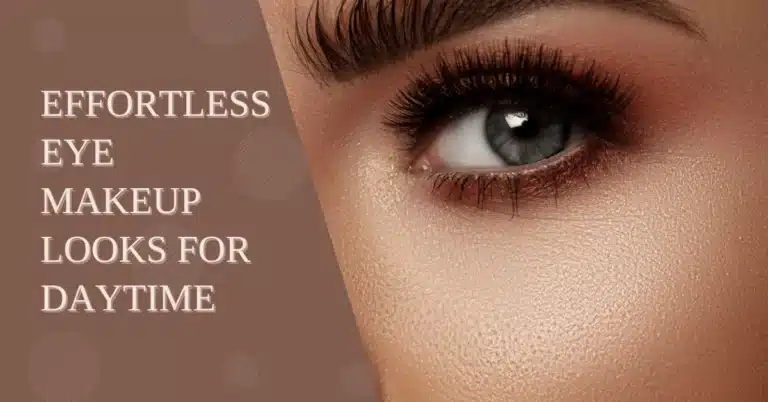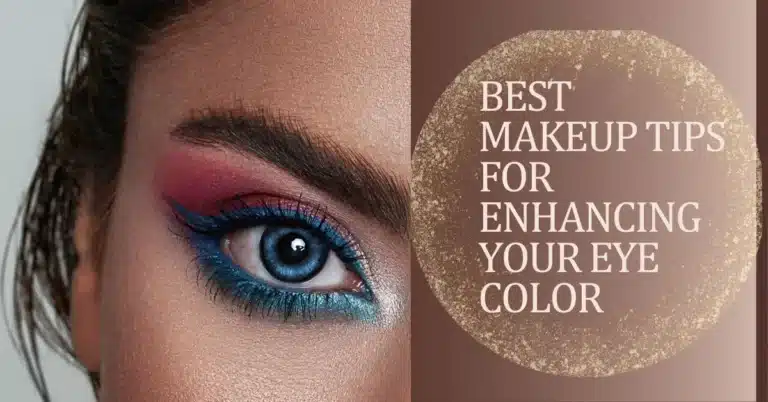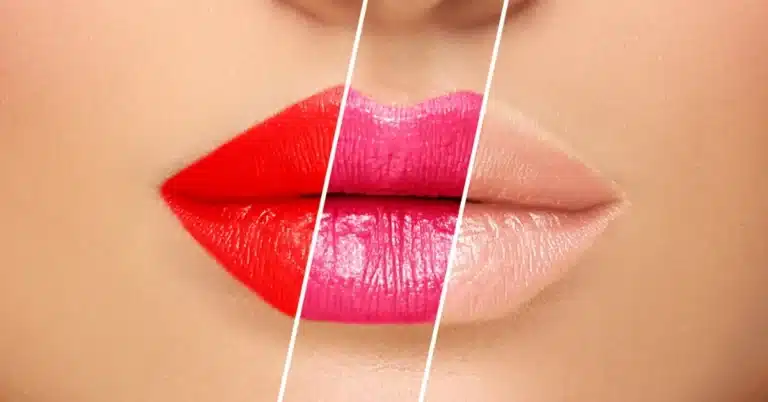Eye Makeup Allergy
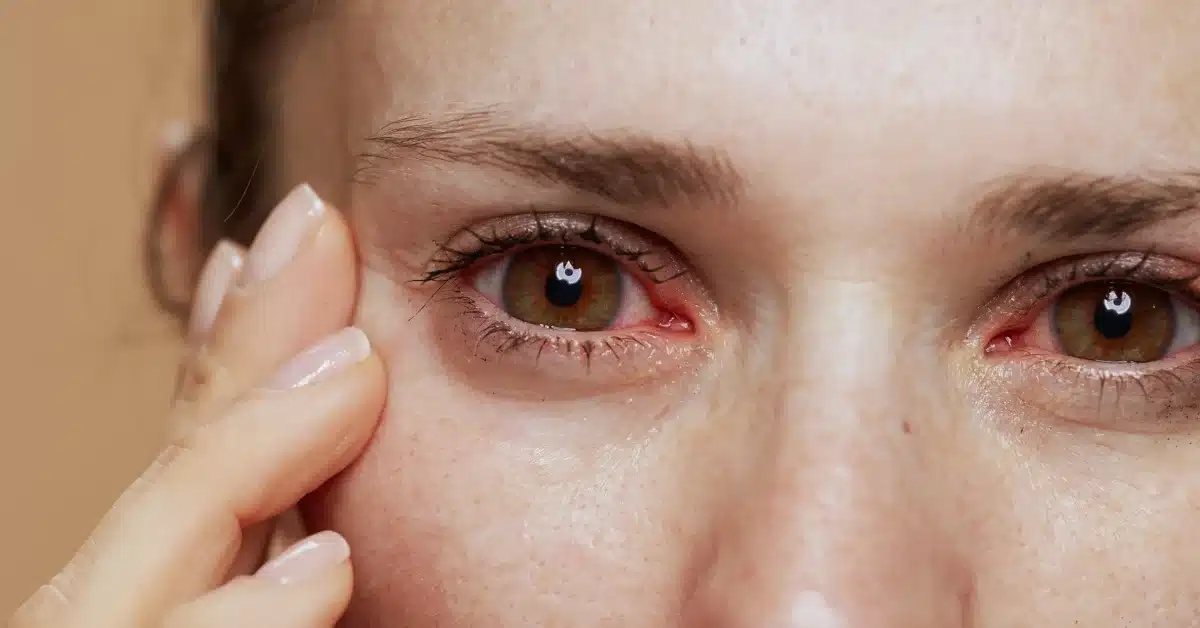
Eye makeup is an essential tool for enhancing the beauty of one’s eyes, but unfortunately, it can also become a source of discomfort and distress due to allergic reactions. Eye makeup allergy refers to the hypersensitive response of the body’s immune system towards certain ingredients found in eye cosmetics. These allergic reactions can range from mild irritation and redness to more severe symptoms such as swelling, itching, and even blurred vision.
Various factors contribute to the development of eye makeup allergies, including individual susceptibility, prolonged use of specific products, or exposure to certain allergens. Common culprits include mascara, eyeliner, eyeshadow, and even contact lens solutions.
Understanding the causes and symptoms associated with eye makeup allergies is crucial for identifying triggers and seeking appropriate remedies. In this article, we will explore the causes, symptoms, and effective solutions for eye makeup allergies. So, let’s dive in and uncover the secrets behind this common beauty woe.
Table Of Contents
- What Causes Eye Makeup Allergy?
- What Are The Symptoms Of Eye Makeup Allergy?
- Treating Eye Makeup Allergies
- Prevention Of Eye Makeup Allergy
- Tips For Choosing Eye Makeup Products For Sensitive Eyes
- Wrapping Up
What Causes Eye Makeup Allergy?
Eye makeup allergies can be triggered by various factors, including.
a. Allergenic Ingredients
Certain ingredients commonly found in eye makeup have a higher potential to cause allergic reactions. Fragrances and preservatives, such as parabens or formaldehyde-releasing agents, are known to be frequent culprits.
Additionally, dyes and pigments, especially red and yellow ones, can irritate the delicate skin around the eyes, leading to an allergic response in some individuals.
b. Cross-Reactivity
Individuals with known allergies to substances like pollen or certain foods may experience cross-reactivity when exposed to similar substances in eye makeup. For example, if you have a birch pollen allergy, you may also develop an allergic reaction to eye makeup containing certain plant extracts.
c. Pre-Existing Skin Conditions
People with pre-existing skin conditions, such as atopic dermatitis, eyelid dermatitis, or eczema, have a higher risk of developing eye makeup allergies. The compromised skin barrier can make them more susceptible to sensitization and allergic reactions.
What Are The Symptoms Of Eye Makeup Allergy?
The symptoms of an eye makeup allergy can vary from person to person, but some common signs to watch out for include:
- Redness and inflammation around the eyes
- Itching or a persistent urge to rub the eyes
- Swelling of the eyelids
- Watery eyes or excessive tearing
- Dry, flaky skin around the eyes
- Formation of small bumps or fluid-filled blisters
- Sensitivity to light
If you experience any of these symptoms after applying eye makeup, it’s crucial to discontinue its use and consult with a healthcare professional.
Treating Eye Makeup Allergies
When it comes to treating eye makeup allergy, the primary course of action is to identify and avoid the allergen that triggers the reaction. Here are some treatment options that can help palliate the symptoms:
1. Discontinue Use
Immediately stop using any eye makeup products that could be causing the allergic reaction. This includes eyeshadows, eyeliners, mascaras, and even makeup brushes or sponges.
2. Rinse and Soothe
Gently rinse your eyes with cool water to remove any traces of the allergenic product. Placing a cold compress, such as a clean, damp cloth, on your closed eyes can help reduce swelling and soothe the irritation.
3. Consult a Healthcare Professional
Make an appointment with a healthcare professional, preferably a dermatologist or an allergist. They can assess the severity of your allergic reaction, identify the specific allergen, and recommend appropriate treatment options.
4. Treatment Options
Treatment for eye makeup allergies may include:
- Non-prescription eye drops can provide temporary relief from redness, itching, and dryness. However, it’s important to choose eye drops specifically formulated for allergies and consult with a healthcare professional if needed.
- Topical corticosteroids or antihistamine creams to reduce inflammation and itching.
- Oral antihistamines to alleviate symptoms like itching and redness.
- Allergy shots (immunotherapy) for severe or persistent allergies to desensitize the immune system.
- Avoidance of allergenic ingredients in future makeup choices.
Prevention Of Eye Makeup Allergy
If you suspect you have an eye makeup allergy, it is important to discontinue the use of any cosmetics that may be causing the reaction. Consider these prevention measures and effective solutions:
1. Avoid the Trigger
Identify the specific product or ingredient causing the allergic reaction and avoid using it. Read product labels carefully and opt for hypoallergenic, fragrance-free, and ophthalmologist-tested makeup products.
2. Opt for Allergy-Friendly Products
Look for eye makeup products labeled as hypoallergenic, fragrance-free, and specifically formulated for sensitive skin. These products are generally less likely to cause allergic reactions.
3. Test Products before Use
Before applying any new eye makeup product to your eyes, perform a patch test on a small area of your skin to check for any adverse reactions. This step can help you identify potential allergens before they come in contact with your eyes.
4. Opt for Natural and Organic Alternatives
Natural and organic eye makeup products often contain fewer synthetic chemicals, reducing the risk of allergic reactions. Look for products with minimal ingredients and avoid common allergens.
5. Practice Proper Makeup Hygiene
Regularly clean your makeup brushes, sponges, and applicators to remove any bacteria or residual product. Also, avoid sharing eye makeup products to minimize the chances of contamination.
6. Seek Professional Advice
If your eye makeup allergies persist or worsen, it is advisable to consult a dermatologist or allergist. They can perform tests to identify specific allergens and recommend suitable treatments or alternative products.
By taking proactive measures and being mindful of the products you use, you can manage and prevent eye makeup allergies, allowing you to enjoy the beauty of eye makeup without the discomfort.
Tips For Choosing Eye Makeup Products For Sensitive Eyes
When dealing with eye makeup allergies, it is crucial to select the right products that won’t trigger any adverse reactions. Here are some tips to help you choose eye makeup products suitable for sensitive eyes:
- Avoid Harsh Chemicals: Look for eye makeup products that are labeled as hypoallergenic, fragrance-free, and formulated for sensitive eyes. Avoid products that contain ingredients known to cause irritation, such as parabens, sulfates, and artificial fragrances.
- Patch Test: Before applying any new eye makeup product to your eyes, conduct a patch test. Apply a small quantity of the product to the inside of your wrist or behind your ear and wait for 24 hours to see if any adverse reactions occur.
- Choose Water-Based Formulas: Water-based eye makeup products are generally gentler on sensitive eyes compared to oil-based or waterproof formulas. Water-based products are also easier to remove, reducing the need for harsh rubbing.
- Opt for Non-Comedogenic Products: Non-comedogenic eye makeup products are less likely to clog your pores or cause breakouts around the eye area, which can be a concern for those with sensitive skin.
- Look for Ophthalmologist-Tested Products: Products that are ophthalmologist-tested have undergone rigorous testing to ensure their safety and compatibility with sensitive eyes. This label can provide reassurance when selecting eye makeup products.
- Avoid Glitter and Shimmer: Glitter and shimmer particles in eye shadows and eyeliners can sometimes cause irritation and discomfort. If you have sensitive eyes, it’s best to opt for matte or satin finishes.
- Remove Makeup Gently: When removing eye makeup, use a gentle, oil-free makeup remover specifically formulated for sensitive eyes. Refrain from rubbing or pulling on the delicate skin around the eyes, as this can lead to irritation.
- Replace Old Products: Eye makeup products have a shelf life, and using expired products can increase the risk of eye irritation or infections. Check the expiration dates on your eye makeup products and replace them regularly.
- Clean your Brushes Regularly: Dirty makeup brushes can harbor bacteria and allergens that may exacerbate sensitivity. Clean your brushes regularly with a mild shampoo or brush cleaner to keep them free from buildup.
- Listen to your Eyes: If you experience any discomfort, redness, itching, or swelling after using a particular eye makeup product, discontinue its use immediately. Everyone’s sensitivities can vary, so pay attention to your eyes’ reactions and adjust your products accordingly.
Remember, if you have chronic eye sensitivity or a specific eye condition, seeking guidance from an eye care professional is highly recommended for personalized advice and assistance.
Wrapping Up
While eye makeup allergies can be frustrating, there are steps you can take to manage and prevent them. By identifying the allergens, avoiding triggers, and choosing hypoallergenic products, individuals with sensitive or allergic eyes can still enjoy the benefits of eye makeup.
Remember, if symptoms persist or worsen, seeking professional medical advice is crucial for accurate diagnosis and personalized treatment. With proper care and the right products, you can express your style while keeping your eyes comfortable and healthy.
FAQs
Q: How can I determine if I have an eye makeup allergy?
A: If you suspect you have an eye makeup allergy, it is recommended to conduct a patch test. Apply a small amount of the product to the inside of your forearm and observe the area for 24-48 hours. If any redness, itching, or inflammation occurs, it is likely that you have an allergy to the product.
Q: Can I develop an allergy to eye makeup products I’ve used for years?
A: Yes, it is possible to develop an allergic reaction to products you’ve been using without any issues. Allergies can develop over time due to changes in your immune system or prolonged exposure to certain ingredients.
Q: How can I prevent eye makeup allergies?
A: To prevent eye makeup allergies, consider the following measures:
1. Read ingredient labels carefully and avoid products with known allergens.
2. Opt for hypoallergenic, fragrance-free, and dermatologically tested products.
3. Replace eye makeup products regularly to prevent the growth of bacteria.
4. Cleanse your makeup brushes and applicators regularly to remove accumulated product and bacteria.
5. Avoid sharing eye makeup products to minimize the risk of contamination.
Q: What should I do if I have an eye makeup allergy?
A: If you suspect you have an eye makeup allergy, discontinue using the product immediately. Wash your face thoroughly to remove any residual makeup. Applying a cold compress can help reduce inflammation and soothe the affected area. If the symptoms persist or worsen, it is advisable to consult a dermatologist or allergist for further evaluation and treatment.
Q: Can eye makeup allergy be cured?
A: While there is no permanent cure for eye makeup allergy, avoiding the allergen and taking necessary precautions can help manage the condition effectively. If you experience persistent symptoms, consult a healthcare professional for proper diagnosis and treatment.
References
https://allergynk.com/eye-makeup-allergy/
https://www.self.com/story/eye-makeup-irritation-allergies
https://www.redapplelipstick.com/the-reason-for-allergic-reaction-to-makeup/
https://www.nm.org/healthbeat/healthy-tips/are-you-allergic-to-your-makeup
https://silversteineyecenters.com/blog/2017/07/makeup-eye-allergies/
https://www.ocli.net/blog/eye-makeup-alle/
https://www.healthline.com/health/beauty-skin-care/mascara-allergy
